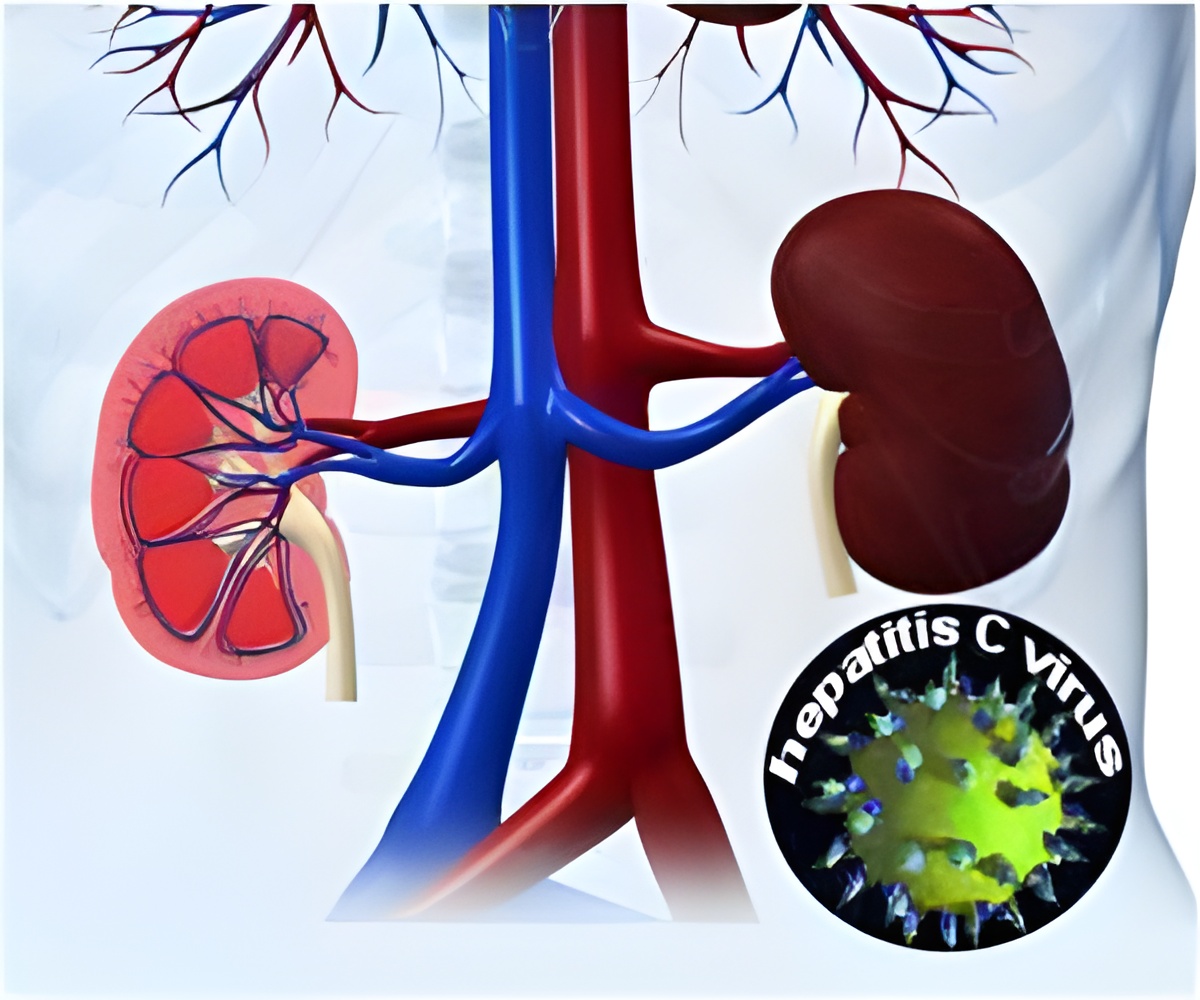December 23, 1954 will always be remembered in medical history as a day when Doctors in Boston transplanted a kidney to a critically ill 23-year-old man.

The first human transplantation occurred after many years of research, including taking a leaf out of successful kidney transplantation in dogs.
On October 26, 1954, Richard Herrick was diagnosed with chronic nephritis, and was admitted to the hospital. Battling for life, it soon became clear that Richard had reached the final stage of the disease. His death was imminent without kidney transplantation. Richard’s twin brother and best friend, Ronald, was wiling to donate one of his healthy kidneys to his brother.
The transplantation team, led by Joseph E. Murray, a plastic surgeon, and including John Merrioll (nephrologist), J. Hartwell Harrison (urologist), and Gustave Dammin (pathologist), began the landmark surgery amid a lot of media glare in two operating rooms.
The one hour and twenty-five minutes surgery gave a new lease of life to Richard. Although he succumbed to kidney disease on the transplanted kidney in 1962, this historic surgery indeed became a forerunner of more such success stories in the field of transplantation surgery.
Source-Medindia















